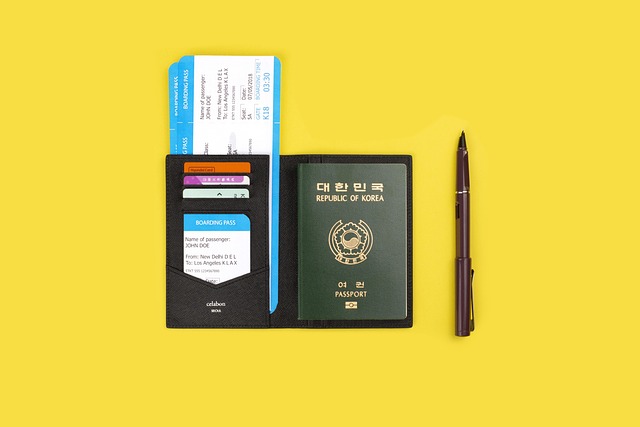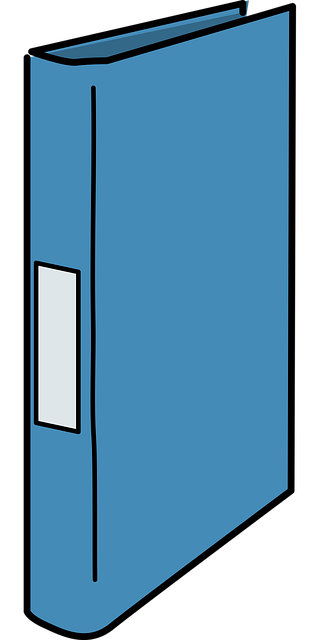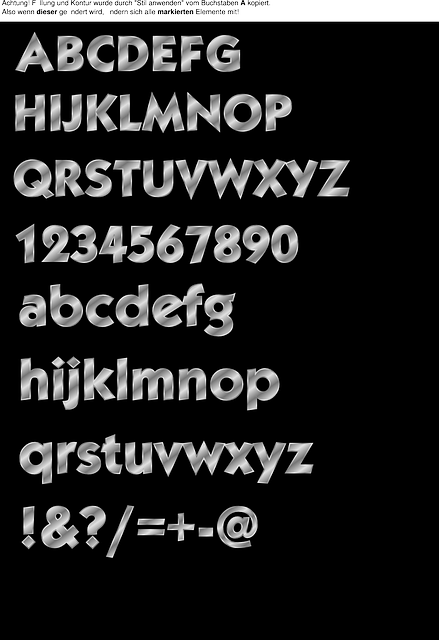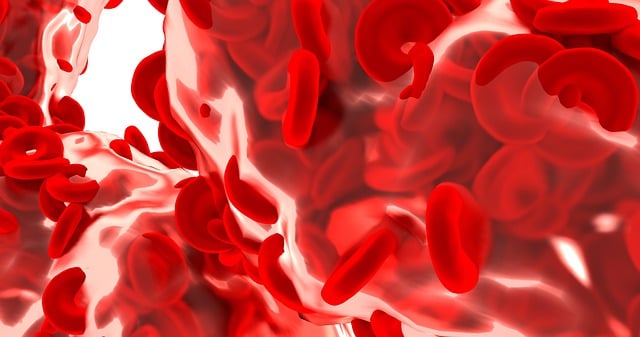Translation services for UK Medical Case Studies play a crucial role in overcoming language barriers within the diverse linguistic landscape of the UK's healthcare sector. By providing precise interpretations of complex medical case details, these services enhance understanding among healthcare professionals, patients, and stakeholders worldwide. Expert translators with medical knowledge navigate technical language and cultural nuances, ensuring consistent formatting and grammatical precision. Incorporating translated case studies into medical education enriches learning experiences and prepares students to deliver culturally sensitive care in a multicultural environment. Ethical considerations, including GDPR compliance and patient confidentiality, are paramount. Leveraging technology, such as AI-backed machine translation tools, promises to revolutionize knowledge dissemination, enabling personalized care and improved clinical outcomes.
The UK healthcare system faces a unique challenge when it comes to medical education: understanding diverse case studies written in various languages. This article explores the crucial role of translation services in overcoming language barriers, ensuring accessible and accurate knowledge transfer. We delve into best practices for medical translation, highlighting the benefits of incorporating translated case studies in UK medical curricula. Additionally, ethical considerations and future trends in leveraging technology for improved communication are discussed, emphasizing the significance of translation services for enhancing medical understanding.
- Understanding the Challenge: Language Barriers in Medical Case Studies
- The Role of Translation Services in Overcoming Communication Gaps
- Best Practices for Accurate and Effective Medical Translation
- Benefits of Incorporating Translated Case Studies in UK Medical Education
- Ethical Considerations and Quality Assurance in Medical Translation
- Future Trends: Leveraging Technology for Improved Medical Communication
Understanding the Challenge: Language Barriers in Medical Case Studies

In the realm of medical case studies, effective communication is paramount for accurate understanding and diagnosis. However, language barriers pose a significant challenge in the UK, where diverse linguistic backgrounds coexist with complex medical jargon. When dealing with case studies written in languages other than English, precise translation services become indispensable tools to bridge this gap.
The importance of professional translation cannot be overstated, especially in healthcare settings. Accurate translations ensure that medical professionals can access critical information, enabling them to make informed decisions about patient care. Translation services tailored for UK Medical Case Studies must not only capture the nuances of language but also possess a deep understanding of medical terminology to deliver precise and reliable interpretations. This facilitates effective navigation through case studies, ultimately enhancing medical knowledge and practice across diverse linguistic communities in the UK.
The Role of Translation Services in Overcoming Communication Gaps

In the realm of medical case studies, clear and effective communication is paramount to ensuring accurate diagnoses and treatment plans. However, language barriers often pose significant challenges in this context, hindering the exchange of crucial information. This is where translation services for UK Medical Case Studies step in as vital tools to bridge these gaps. Professional translators with expertise in medical terminology can accurately interpret complex case details, enabling healthcare professionals to make informed decisions.
Translation services play a pivotal role in fostering understanding among diverse healthcare stakeholders. By translating case studies into various languages, these services ensure that knowledge is accessible to all, regardless of their linguistic background. This accessibility fosters a more inclusive and comprehensive medical landscape, where information can be readily shared and discussed, ultimately enhancing patient care and outcomes.
Best Practices for Accurate and Effective Medical Translation

When translating medical case studies, accuracy is paramount. The nuances and technical language within these documents require skilled translators who possess a deep understanding of both the source and target languages, as well as medical expertise. Best practices include thorough research into industry-specific terminology and cultural references to ensure precise translations that accurately reflect the original content.
Translation services for UK Medical Case Studies should also prioritize consistency in formatting and style. Maintaining the original layout and tone helps preserve the document’s integrity, making it easier for medical professionals to navigate and interpret. Additionally, employing native speakers with a background in medicine ensures grammatical perfection and enhances readability, bridging the gap between languages and facilitating better knowledge exchange within the UK healthcare community.
Benefits of Incorporating Translated Case Studies in UK Medical Education

Incorporating translated case studies into UK medical education offers significant advantages, bridging communication gaps and enhancing learning experiences for students and professionals alike. With a diverse patient population, understanding healthcare contexts worldwide becomes essential. Translation services play a pivotal role in making valuable international case studies accessible, ensuring medical educators can provide culturally rich, globally relevant instruction.
Translated case studies enable medical students to explore diverse clinical scenarios, expanding their knowledge of varied diseases, treatments, and cultural practices. This exposure fosters better decision-making skills and prepares them for encountering patients from different backgrounds. Moreover, it encourages critical thinking about the impact of cultural nuances on healthcare delivery, promoting more inclusive and effective patient care in a multicultural UK setting.
Ethical Considerations and Quality Assurance in Medical Translation

When translating medical case studies, ethical considerations are paramount. Translators must ensure patient confidentiality and anonymity, adhering to strict data protection guidelines such as GDPR. This includes anonymising all identifying information and obtaining informed consent before translation begins. Transparency in the translation process is crucial; patients have a right to know how their sensitive information will be handled.
Quality assurance (QA) is equally vital in medical translation services for UK case studies. Accurate translations demand rigorous QA protocols, including peer review and back-translation. Specialized medical translators with expertise in relevant fields like healthcare or pharmacology should handle such documents to maintain scientific rigor and clinical accuracy. This ensures that the translated content not only conveys the original meaning but also meets the high standards required in the medical domain.
Future Trends: Leveraging Technology for Improved Medical Communication

The future of medical communication in the UK looks bright with technology playing a pivotal role in enhancing understanding and accessibility. One key trend is the increased reliance on translation services for UK medical case studies, which are crucial for fostering inclusivity and ensuring diverse patient populations receive clear information about their health. Advanced machine translation tools, backed by artificial intelligence, can rapidly translate complex medical terminology, making case study reports readily accessible to healthcare professionals and patients alike.
This technological advancement promises to revolutionize how medical knowledge is disseminated, especially in multilingual communities. By leveraging these services, healthcare providers can offer personalized care, improve patient engagement, and enhance clinical outcomes. Moreover, as the UK’s healthcare system continues to embrace digital transformation, the integration of translation technologies will become even more seamless, ultimately improving communication across cultural and linguistic barriers.
The integration of translated case studies into UK medical education offers a promising path toward better understanding and improved patient care. By overcoming language barriers with professional translation services, healthcare professionals can access a wealth of global knowledge, enhancing their ability to diagnose and treat diverse patient populations effectively. Adhering to best practices and ethical guidelines ensures the accuracy and quality of these translations, ultimately fostering a more inclusive and comprehensive medical education environment in the UK. Translation services for UK medical case studies stand as a powerful tool, paving the way for enhanced communication and better healthcare outcomes.
